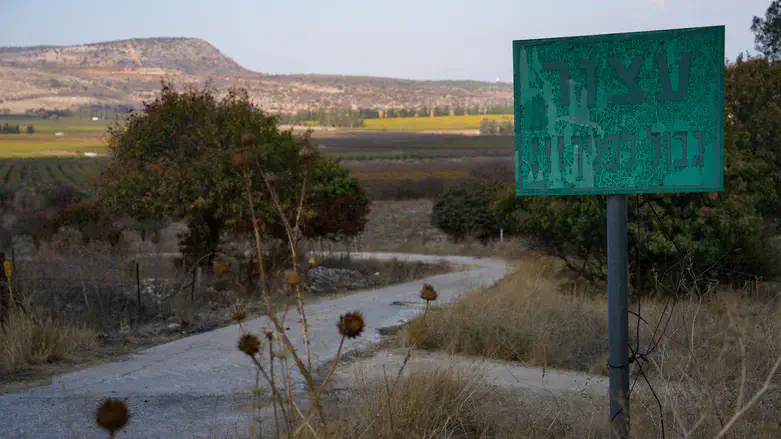
Progress appears to be underway toward a potential ceasefire agreement between Israel and Lebanon, according to regional and US officials familiar with the ongoing diplomacy who spoke to The New York Times on Friday.
While critical details about implementation and enforcement remain unresolved, officials expressed cautious optimism. The sources, hailing from Lebanon, Israel, neighboring countries, and the United States, spoke anonymously due to the sensitivity of the negotiations.
The proposed deal reportedly includes a 60-day truce. During this period, Israeli forces would withdraw from southern Lebanon, and Hezbollah fighters would retreat north of the Litani River, which runs parallel to the Lebanon-Israel border.
Meanwhile, the Lebanese Army and a UN peacekeeping force would bolster their presence in the border region, with a US-led oversight mechanism ensuring compliance, The New York Times report stated.
Israeli air strikes over the past two months have severely weakened Hezbollah’s leadership, degraded its military infrastructure, and displaced hundreds of thousands of Shiite followers. According to officials engaged in discussions with Hezbollah cited in the report, these setbacks have pushed the group and its Iranian backers to consider an agreement to halt further losses.
Officials are reportedly encouraged by Hezbollah’s apparent willingness to decouple a Lebanon ceasefire from a parallel truce in Gaza, the report said.
US envoy Amos Hochstein is spearheading the efforts to mediate the agreement, holding discussions with Lebanese and Israeli officials.
Before departing Beirut on Wednesday, Hochstein noted “progress” in the talks, emphasizing coordination with the incoming Trump administration to reassure parties about the agreement’s durability.
The proposal builds on UN Security Council Resolution 1701 from 2006, which designated the Lebanese Army and UN peacekeepers as the sole authorized military forces in southern Lebanon. However, the resolution failed to prevent Hezbollah from rebuilding its military infrastructure in the region. To address these shortcomings, the proposed agreement includes a US-led oversight committee to monitor violations, though details about its composition and role remain unclear.
If the ceasefire holds through the 60-day truce, negotiators hope it could become permanent under the Trump administration.
Earlier this week, the Lebanese newspaper Al-Akhbar, which is affiliated with Hezbollah, reported that even though Lebanon drafted a response to the American ceasefire agreement proposal, the level of optimism among Berri and Lebanese Prime Minister Najib Mikati has decreased.
According to the report, there are two main clauses causing pessimism in the Lebanese leadership regarding the possibility of reaching a ceasefire agreement.
The first clause is the self-defense clause allowing Israel to operate in Lebanon whenever it breaches the agreement - an issue that Lebanon is not willing to agree on at all.
The second clause concerns the composition of the body overseeing the implementation of Resolution 1701. The Lebanese oppose Germany or Britain being part of the process.
(Israel National News' North American desk is keeping you updated until the start of Shabbat in New York. The time posted automatically on all Israel National News articles, however, is Israeli time.)
